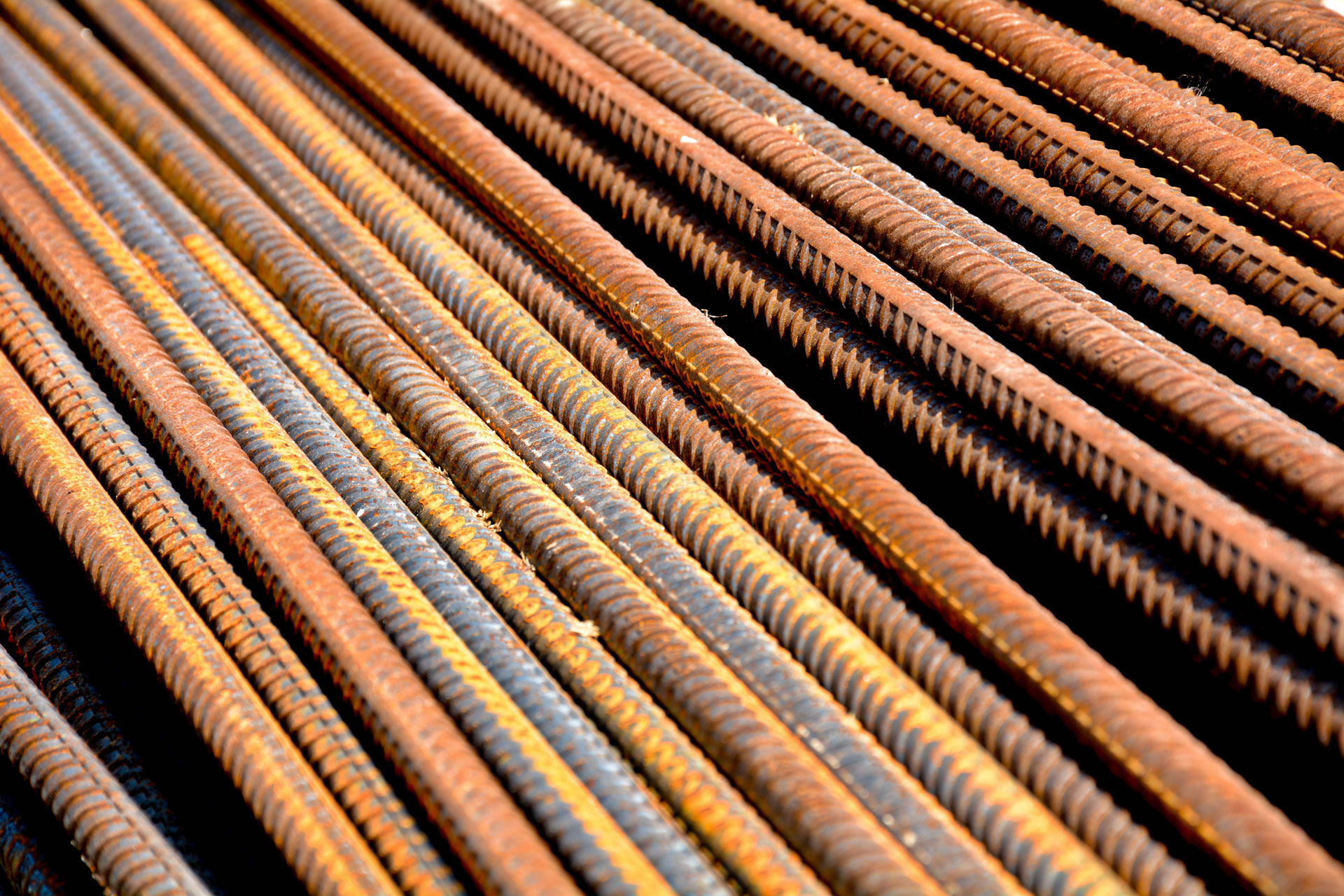Asma Lamin
Microbiologically influenced corrosion (MIC) is a process by which microorganisms initiate, facilitate, or accelerate the electrochemical corrosion reactions of metallic components. Several studies report that MIC accounts for 20-40% of the total cost of corrosion. For example, MIC in oil & gas pipelines can result in significant production loss & serious environmental damage. Biofilm formation caused by surface microorganisms upon metal components is known to play a vital role in MIC. The QS biofeedback system plays a significant role in controlling the expression of some bacterial enzymes, e.g. catalase regulates biofilm formation and thus the overall MIC rate for metal. As such, avoiding biofilm formation via inhibiting QS is a potentially sound strategy for mitigating MIC of metal. This PhD aims to elucidate the mechanistic role of QS both in biofilm formation & corrosion of carbon steel, a prevalent engineering material for construction of pipelines, with Pseudomonas aeruginosa used as a model organism.

Project Publications
A Lamin, AH Haksonen, IS Cole & X-B Chen (2022). ‘Quorum sensing inhibitors applications: A new prospect for mitigation of microbiologically influenced corrosion’, Bioelectrochemistry, 145, 108050, DOI: 10.1016/j.bioelechem.2022.108050.

Corrosion and Inhibition
Corrosion inhibitors, corrosion of steel pipes in a soil environment, photocatalysts for CO2 hydrogenation, nano-sensing, optical sensing.